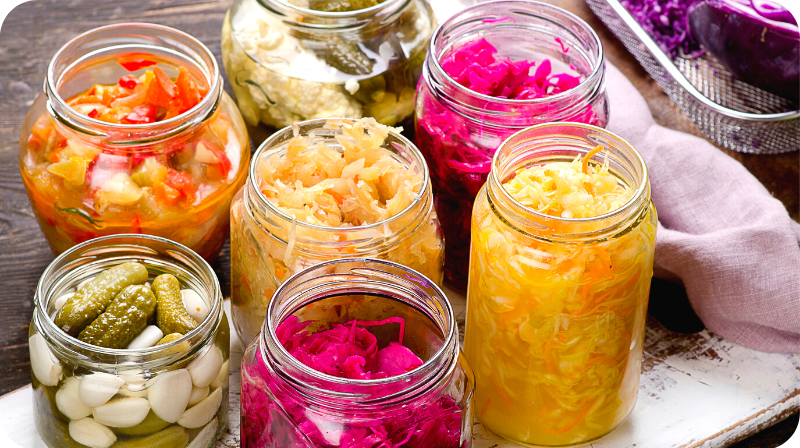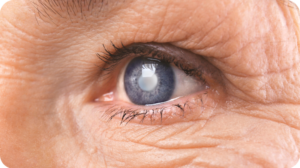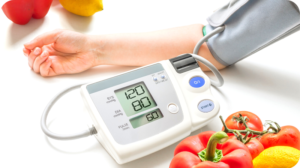Anyone who has ever indulged in the guilty pleasure of a “comfort food” meal knows full well the powerful psychological effect of certain consumables. In the case of comfort foods, a mood boost is the consequence of a sugar and fat overload. Unfortunately, the effect is short lived, and typical comfort foods produce unhealthy physical side effects.

Still, it’s a good example of how powerfully what we consume can affect our mental and emotional states.
A healthier example is the range of foods that reduce the symptoms and severity of depression. This is a matter of science—some foods provide an exceptional amount of particular depression-fighting compounds. Make these a regular part of your diet and you’re likely to feel mentally and physically better over time.
Delicious Depression-Fighters
It’s a happy coincidence that the foods best at boosting mood also taste fantastic. All of these can be prepared in many different ways to suit individual preferences. Keep in mind, that for any food to have an impact on mental or physical health, it has to be consumed regularly.
- Fatty, cold water fish. Oil-rich river fish like salmon and mackerel contain relatively high amounts of omega-3 fatty acids. Research has linked depression to low omega-3 levels, so it makes sense that rich sources like these fish could pack a positive impact. The fish deliver the same amount of omega-3s whether they are grilled, steamed, or even eaten as sushi!
- Fermented foods. Studies have long linked gut health to mental health. One of the best ways to ensure gut health is with fermented foods such as kim chi, sauerkraut, kefir, and miso. Researchers believe that probiotic foods such as these boost serotonin production in the gut, leading to improved mood, lowered anxiety, and easing of depression symptoms.
- Turkey. Remember that amino acid tryptophan in turkey that gives you a warm, happy, sleepy feeling after Thanksgiving dinner? It turns out that it has even more widespread benefits. Tryptophan triggers the release of serotonin, improving mood and relieving depression. It’s not limited to turkey (the fowl just happens to be very rich in tryptophan); you’ll find it in chicken and even in lean meats. Eat these protein sources with a complex carbohydrate such as quinoa to facilitate brain uptake of the amino acid.
What to Avoid
When it comes to depression, what you don’t consume can be as important as what you do. Thankfully, depression-exacerbating foods are those you should avoid in any healthy diet.
- Some mass-produced cooking oils. Safflower, canola, soybean, and corn oils have been found to have unstable fats and a compound called HNE that, when heated, can lead to vascular inflammation and heart disease. These factors can contribute to poor gut and cardiovascular health, and an increase in depression symptoms.
- Refined and processed foods. Fat- and sugar-dense processed foods are not only empty calories, they can cause a cascading effect of inflammation, deteriorated gut health, increased fat stores, and other health problems. Consistent ingestion creates a rollercoaster effect of a short-term sugar boost and subsequent rebound that can amplify depression symptoms.
- Alcohol. People often drink to make themselves feel better when they are feeling low. It’s flawed reasoning. Alcohol is a powerful depressant, which means it can severely increase symptoms of depression as well as having other negative health effects. If you’re depressed, avoid ingesting any alcohol.
Paying attention to your diet is only one way to deal with the onset of depression. Although what you eat can have a significant impact on mental state, mood, and specific mental health disorders, diet is rarely a silver bullet. The right nutrition is simply one part of a whole-life health plan. Just as important in fighting the onset of depression are regular brisk exercise and consistent socializing with people you care about.
If you suspect you are clinically depressed, and especially if you have thoughts of harming yourself or others, immediately contact your physician, a local emergency care provider, or call 988—the national suicide prevention lifeline.







